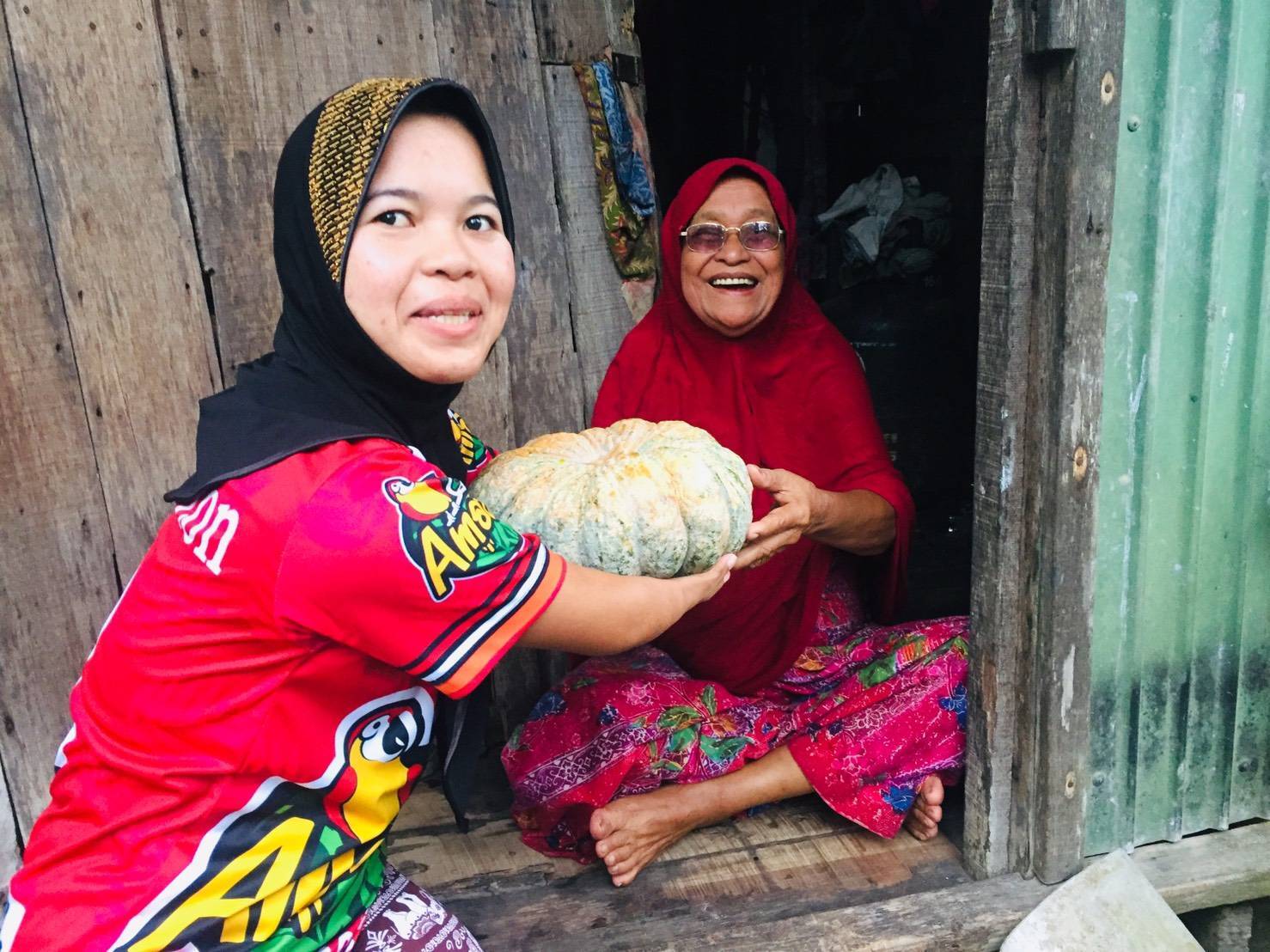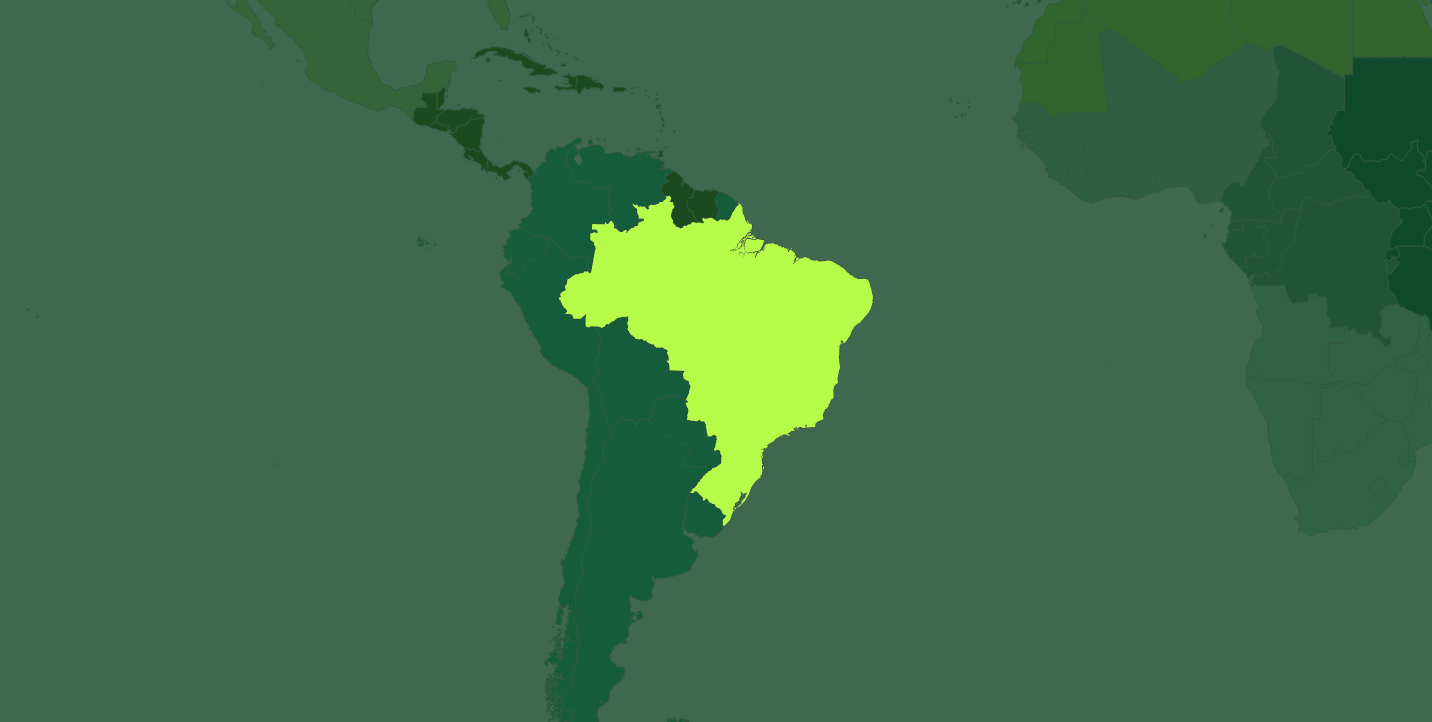Profile
Yanomami are one of the largest communities – numbering some 22,000 (2010 Census) – of hunter gatherers living in the Amazonian rainforest of Roraima and Amazonas states, which straddles the Brazil-Venezuela border. They are also known as Ianomâmi, Yanomamõ,Yanomama, Yanoama and Xirianá. Yanomami means ‘forest land’ and is one of the main language groups spoken, including Kami, Yamaki and Urihipë.
Historical context
The first contact with the Yanomami occurred in 1910 with the opening of border commissions, and later, in the 1940s, through Roman Catholic and Protestant missionary groups. After the illegal invasion of Yanomami lands by garimpeiros (small-scale independent miners) an estimated 20 per cent were exterminated through disease. A major campaign by national and international support groups in 1991 resulted in the signing of a presidential decree on 25 May 1992 creating an ‘indigenous park’ which covered all Yanomami lands in Brazil.
Nevertheless, in August 1993 international attention was again focused on the region following the slaughter of 16 Yanomami of the village of Haximú by garimpeiros in a territorial dispute prompted by the miners’ attempts to exploit the rich mineral deposits of Yanomami land. Yanomami spokesperson Davi Kopenawa requested the military evacuation of gold prospectors and the blowing up of their illegally constructed runways. The Fundação Nacional do Índio stressed the need for permanent vigilance over the reserve and confirmed that, despite pressure from Roraima state politicians, the extent of the Yanomami reserve would not be diminished.
The increasing influence of military bases at Maturacá, Surucucus and Auaris also generated a host of social problems and prostitution. Migration to Roraima continued from other regions in Brazil, bringing criminal influences. Further, a forest fire that took place in 1998 made it more difficult for the Yanomami to protect their land boundaries.
Yanomami community members have spoken out against the government’s proposals to pass new mining legislation, Draft Law 1610, which Yanomami argue will destroy and rob them of their legally demarcated lands, as well as damage their way of life and the health and livelihood of their communities. The Yanomami see the law as threatening to offer a green light to miners to invade their territories and encourage the further amassing of private wealth for multinational companies, while they will remain in poverty. The bill was approved by the Senate in 1998 and has since been subject to discussions by the Commission for the Defence of the Consumer, Environment and Minorities.
Current issues
Illegal gold mining in Yanomami territory, besides causing a range of social and environmental issues, has also resulted in widespread mercury poisoning in some communities. A study conducted in 2014, sampling a large selection of residents, found that the overwhelming majority of those tested were showing signs of
mercury contamination. Thousands of illegal miners are currently believed to be in Yanomami territory, with increasing encroachment on their lands in recent years.
Draft Law 1610 threatens to open up Yanomami lands further to miners. Yanomami representatives fear that thousands of authorizations for exploration will be issued without the necessary resources being allocated to monitor their impact or safeguard their communities. In June 2018, Yanomami activists joined other indigenous groups in protests against the proposed legislation at the National Congress in Brasilia.
In 2017, Yanomani teachers and researchers launched a series of new books showcasing their traditional knowledge and their writen language. These books are the result of years of research and production by researchers and indigenous teachers of the regions. The community have also been developing an ecotourism project which, once final approval is received, would involve visits to Yaripo peak.


